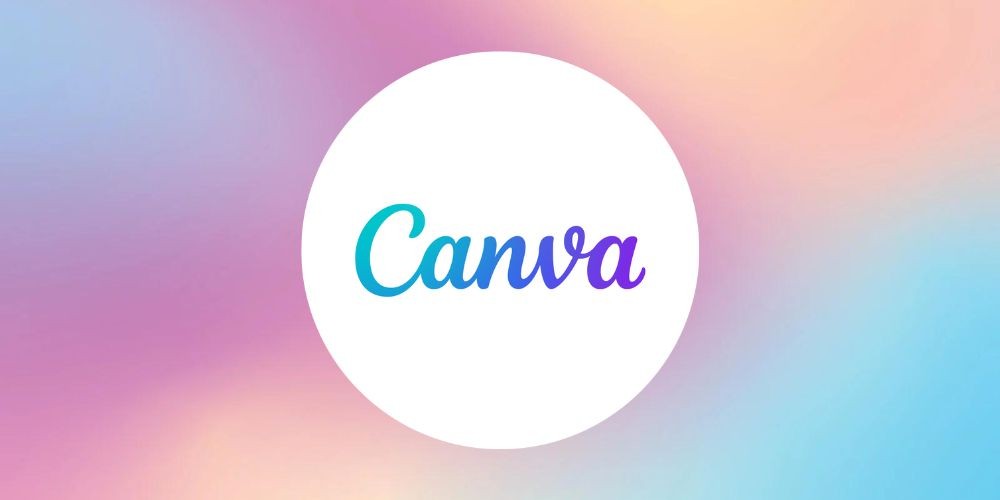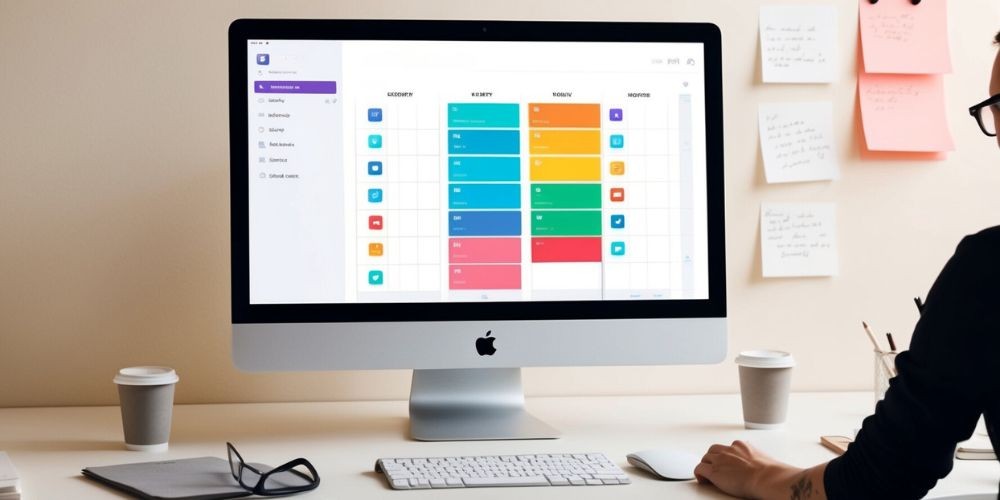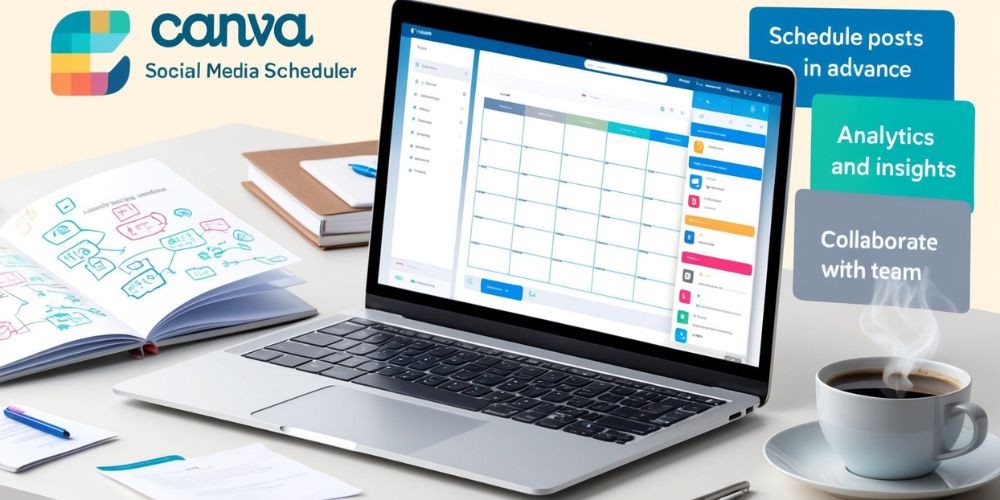Canva's Social Media Scheduler: A Detailed Review for Content Creators and Small Businesses
- Sep 01, 2024
- 933

Canva has firmly established itself as a go-to tool for creating visually appealing content across various platforms. However, when it comes to social media scheduling, it faces stiff competition from industry leaders like Hootsuite and Buffer. If you’re curious about Canva’s scheduling capabilities but unsure if they will meet your needs, this detailed analysis will guide you in making an informed decision. From its key features to usability, analytics, and customer support, we've got everything covered.
Design Focus: A Sea of Templates and Creative Tools
What sets Canva apart from other social media schedulers is its sheer volume of design tools and templates. With thousands of assets at your disposal, Canva makes it incredibly easy to create compelling content tailored to different platforms. Whether you need square posts for Instagram, landscape images for Facebook, or unique templates for TikTok short videos, Canva has got you covered.

One standout feature is Magic Switch™, available with the Pro plan. This function allows you to transform a design into various formats and even resize it for different channels. You can effortlessly convert a logo into a banner, a social media post, or a blog graphic, maintaining brand consistency across all your online spaces. If you’re working with a lot of text, Canva can even translate your content into multiple languages.
Another powerful tool is the AI-powered Text to-Image feature, which generates images based on text prompts. Though not as advanced as dedicated AI art generators, it produces satisfactory results. The key to maximizing this feature's usefulness lies in how well you frame your prompts.
Usability: A Seamless Experience, from Design to Posting
Canva is a darling among beginners and design enthusiasts alike, thanks to its user-friendly interface. If you are familiar with Canva’s design tools, navigating the Content Planner should be relatively smooth. The planner is accessible via the Apps tab, and connecting your social media accounts takes mere minutes.
Scheduling posts couldn't be simpler. Simply click on a date in the calendar view, and Canva will show all your recent designs and templates on the left side of the screen. Additionally, you can schedule posts straight from the editor without going to the planner. Unfortunately, bulk scheduling is not an option, which is a significant drawback for those managing multiple accounts.

On the mobile front, Canva doesn’t disappoint. The app supports most features available on the desktop version, including scheduling. Creating designs on a mobile device can be a bit fiddly due to the smaller screen size, but the scheduling bits work as efficiently as on a computer.
Support: Quick Email Responses, but No Live Chat
Customer support is another area where Canva shows strong potential but falls short of perfection. The help center is replete with articles and step-by-step guides covering various aspects—from design tools to scheduling functions. The Design School section features numerous video tutorials and courses to help users become proficient in using Canva.
For more immediate concerns, Canva offers 24/7 email support. Both times I reached out, responses were prompt and thorough, usually within an hour. However, the absence of live chat is noticeable. In an age where live chat support is almost standard for software services, this is an area Canva should explore to enhance user experience.
Analytics: Basic Metrics but Lacking Depth
Analytics is arguably Canva’s weakest link in its social media scheduler. After a post is published, you can access some basic metrics like impressions, reach, likes, comments, and saves via the Insights tab. However, this level of reporting won’t suffice for users who rely heavily on data to strategize their social media endeavors.

Canva also doesn’t track the performance of hashtags or mentions, nor does it offer benchmarking tools to measure your performance against competitors. Many seasoned social media managers find these features essential for optimizing content and building an effective strategy. For those who need deeper analytics, platforms like Sprout Social should be considered.
Pricing: Affordable but Comes with Limitations
Canva Pro, Canva's premium plan, is priced starting at ₴495 per month, positioning it as a competitively priced option among design tools with comparable features. If you're managing multiple platforms or collaborating with a team, the Teams plan is worth considering, although it gets pricier as you add more seats. However, note that there’s no free scheduling option; you'll have to subscribe to a paid plan to access this feature.
In contrast to more advanced scheduling platforms, Canva offers excellent value for creators focused on design rather than analytics-heavy strategies. It provides a 30-day free trial, allowing you to test its capabilities without immediate financial commitment. Additionally, opting for an annual subscription can save you up to 16%, adding further value.
Conclusion: Is Canva's Social Media Scheduler Right for You?

So, is Canva's social media scheduler worth your time and money? If your primary need is an all-in-one design tool that also facilitates basic content scheduling, then Canva is an excellent choice. Its vast range of design assets and intuitive interface make content creation a breeze, especially for beginners and small businesses.
However, if you require advanced scheduling features, in-depth analytics, and CRM functionalities, it's better to look at specialized platforms like Hootsuite or Sprout Social. Every option comes with its unique advantages, so selecting the best one hinges on your particular needs and priorities.
In summary, Canva shines in its creative capabilities but falls short in analytics and advanced scheduling features. It’s ideal for those who prioritize content creation over comprehensive social media management. For more robust scheduling and analytics, exploring dedicated platforms is advisable.